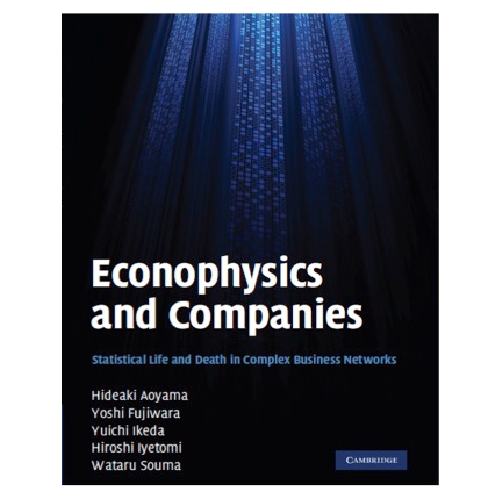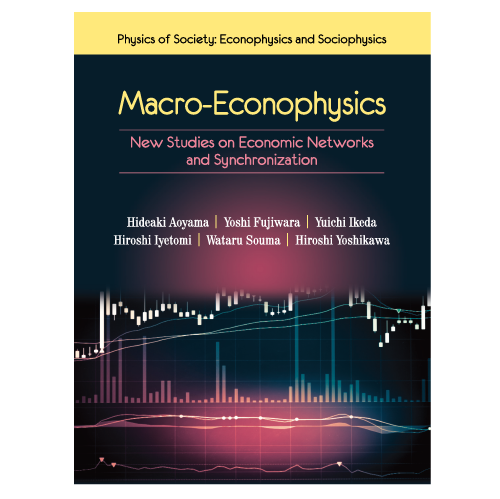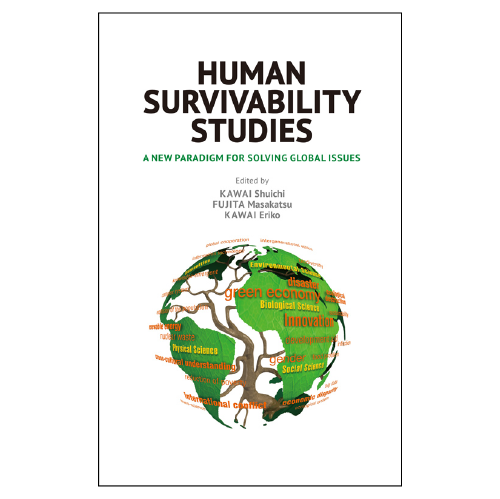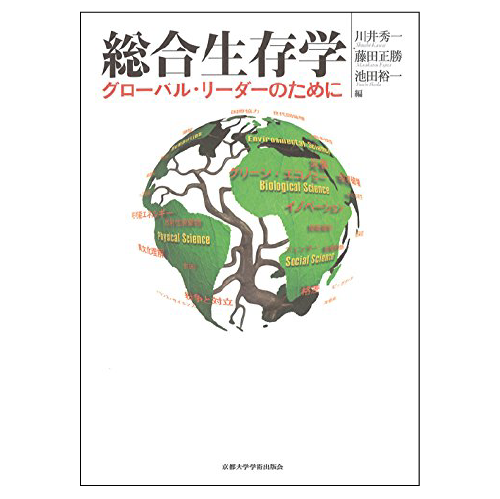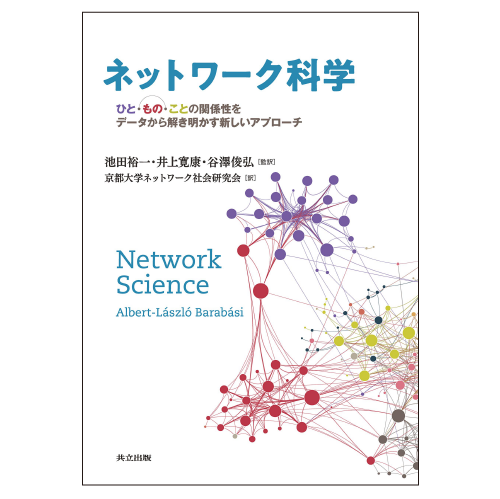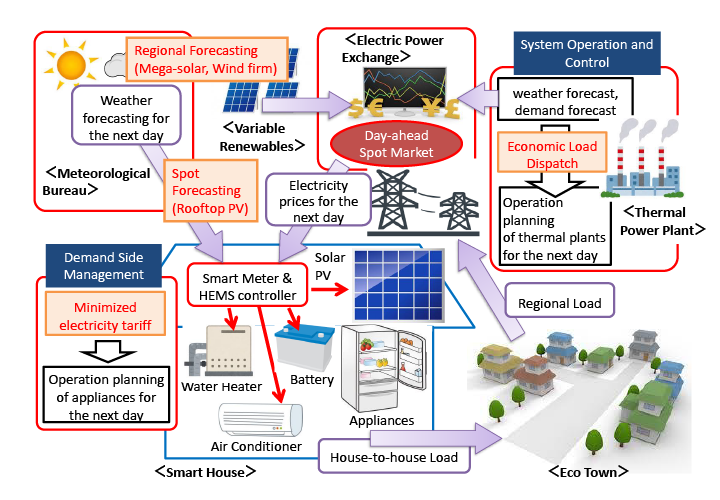MESSEGE
In the face of economic globalization accompanied by the rise of emerging countries, while the economy is developing vigorously, global issues such as uninterrupted financial and economic crises, energy and resources security, and environmental destruction are becoming apparent. Global issues related to energy, the environment, population, and the economy involve a complex interplay of factors from both the social and natural sciences. However, today, the lack of a methodology that integrates multiple disciplines, especially the social and natural sciences, has prevented us from finding solutions to the global issues facing humanity. In my opinion, this one point sums up the difficulty of global issues. Social and economic physics and complex systems science are at the forefront of research aimed at constructing methodologies that integrate the social and natural sciences, and are the new intellectual frontiers of the 21st century. We are looking for students who wish to conduct comprehensive qualitative and quantitative research and after obtaining ph.D. degree work in an international organization, think tank, or corporate research institute. In particular, we welcome those who are interested in overcoming barriers between the humanities and science to become internationally active person. It does not matter whether you are from a liberal arts or science background.
RESEARCH
For details on each research topic, visit the Network Society Research Group website.
For crypt assets and blockchain research, visit the Blockchain Research Center website.
Part1 "Commodity Flow"
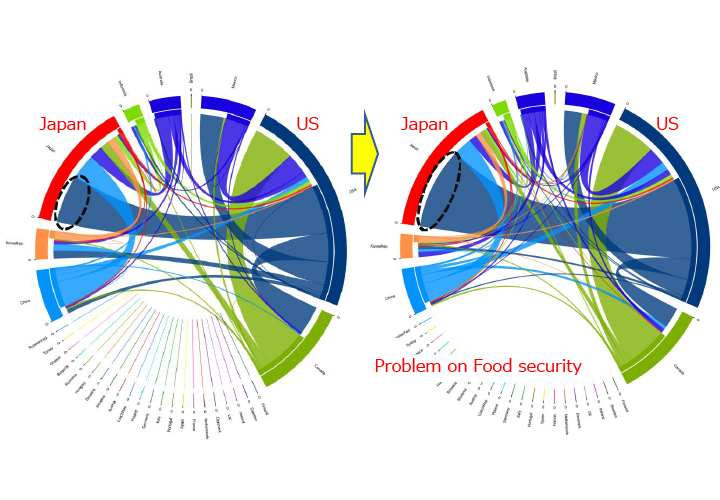
- Global Supply-Chain Network
- Japanese Supply-Chain Network
- Traditional Industry in Kyoto
- Resource Flows and Stocks in the Global Economy
Part2 "Monetary Flow"
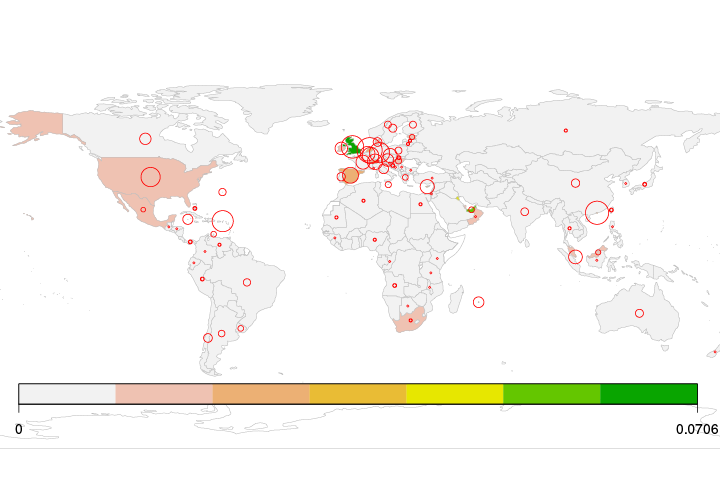
- Global Ownership Network
- Japanese Ownership Network
- Global Value-Added Network
- Profit Shifting in Digital Economy
Part3 "Human Flow"
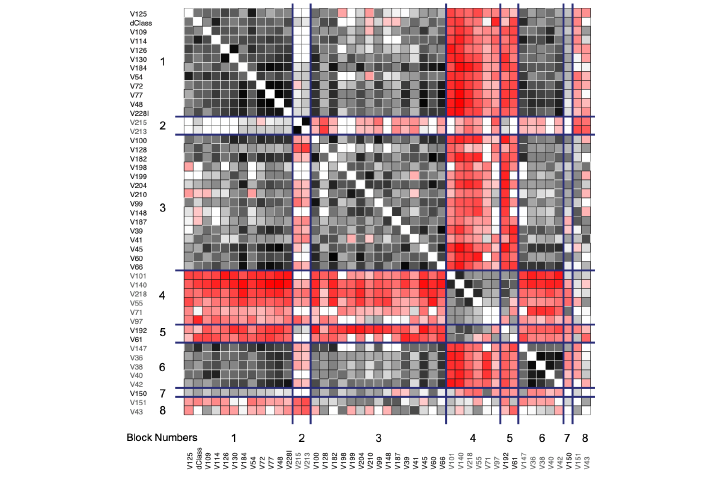
- Immigrant Assimilation in ASEAN
- Syrian Refugees in neighbor countries
- Design of Isolation Index
Part5 "Economic Collective Motions"
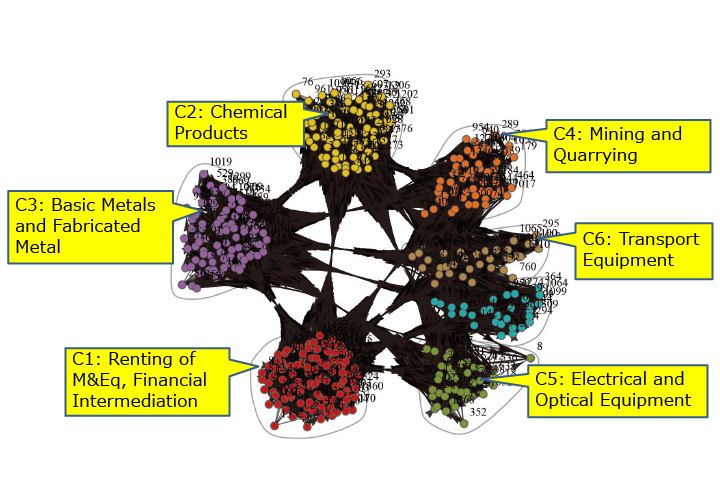
- Synchronization of International Business Cycle
- Global Economic Crisis
- Spin and Oscillator Dynamics on Network
PLOFILE
"Towards the Establishment of Comprehensive Ars Vivendi"
He is the chairperson of the Laboratory and the Network Society Research Group at the Graduate School of Advanced Integrated Study in Human Survivability, Kyoto University. Based on the evidence revealed by data science, we have made policy recommendations at international organizations. The Graduate School of Advanced Integrated Study in Human Survivability Kyoto University has signed a Memorandum of Understanding (MOU) for human resource exchange with many UN and international organizations, and has been conducting international human resource exchange such as sending students abroad as interns or inviting seminar lecturers from each organization. We are also engaged in practical research to disseminate information and make policy recommendations to the world.
Research Theme: Data Science, Network Science, Computational Science
Yuichi Ikeda,Ph.D.
In 1989, he was awarded a doctor of science degree from Kyushu University for his work in nuclear physics in a research project on quark-gluon plasma production (QCD phase transition) at Brookhaven National Laboratory, USA. From 1990 to 2010, he worked at Hitachi, Ltd. as a researcher and principal investigator, and then as a postdoctoral fellow at the Institute of Nuclear Study, the University of Tokyo. Associate Professor, Institute of Industrial Science, The University of Tokyo (2011), and has been in his current position since 2012. Starting from experimental research in high energy physics and nuclear physics, he moved to economic physics about 15 years ago, via computational physics for complex materials and plasmas. In recent years, he has used data science and computational science, as well as network science, to study complex phenomena such as international trade, international tax avoidance, risk management, and energy issues. Recently, He has been working on the establishment of a new interdisciplinary discipline, Integrated Survival Studies.In addition to 113 peer-reviewed academic papers and 37 industrial property rights (patents), He has published research results through lectures and newspapers and journals. His main recent books include Network Science (translated Kyoritsu Publishing 2019), Macro-Econophyisics (co-authored Cambridge University Press 2017), and Econophysics and Companies (co-authored Cambridge University Press 2011).
